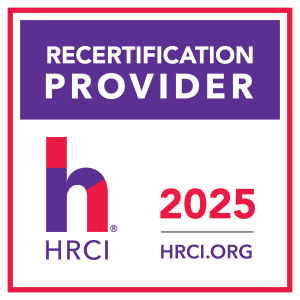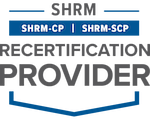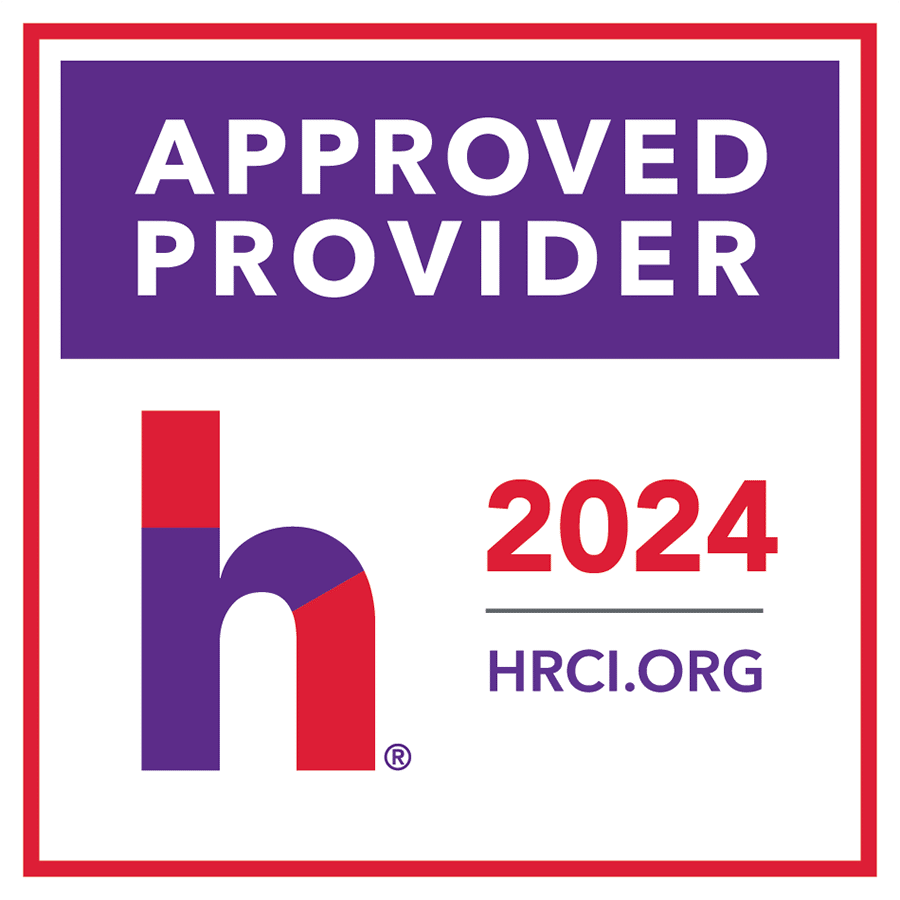Description
RECORDED TRAINING COURSE



Companies are providing more fringe benefits to employees more than ever before, thus reducing company cost but raises employee morale. Due to market adjustments employers are looking for ways to obtain top talent through providing more fringe benefits. However, IRS endorsement on employers to tax employees when appropriate for fringe benefits is on the rise. Employers must meet the non-taxable fringe benefit substantiation rules along with proper determination of taxation.
Session Highlights:
- Review FMV (Fair Market Value) and how the IRS determines it.
- Discussion on No additional cost services, employee discounts, working condition fringe benefits & De minimis Fringe Benefits.
- Review qualified transportation benefits
- Discuss several excludable fringe benefits such as Retirement planning, athletic facilities, achievement awards etc.
- Discuss fringe benefits that should be taxable
- Review Moving/Relocation Expenses
- Review executive taxation items, like spousal travel. Company aircraft usage etc.
- Once a benefit is determined taxable, how to handle it
- Brief overview of how to handle any fringe benefits that AP pay.
Why You Should Attend:
Participants will walk away with a better understanding of the IRS view on fringe benefit taxation. The details of the IRC exceptions allowed by the IRS will be detailed and explained to participants. Participants will be able to better identify and calculate the fair market value of fringe benefits for taxation purposes.
Who Should Attend:
- Payroll Professionals
- Accounting Professionals
- Tax Professionals
- Finance Professionals
- Compensation Professionals
- Benefits Professionals
- Senior HR Professionals,
- HR Managers & Directors,
- HR Personnel,
- CEOs
Note: You will get access to the Recording link and E-Transcript; in your account and at your registered email address.






